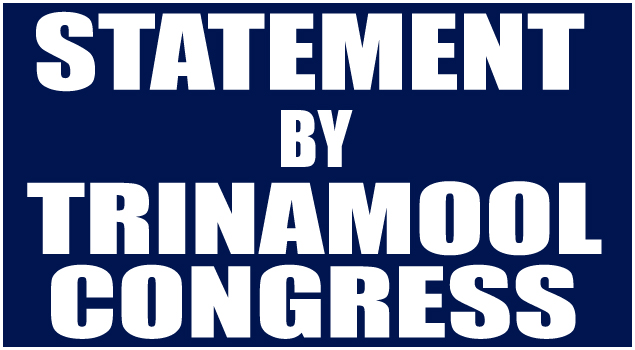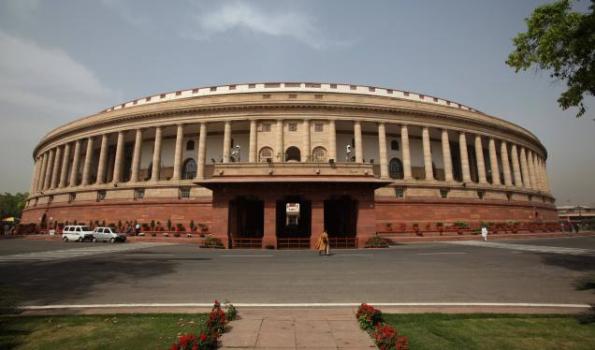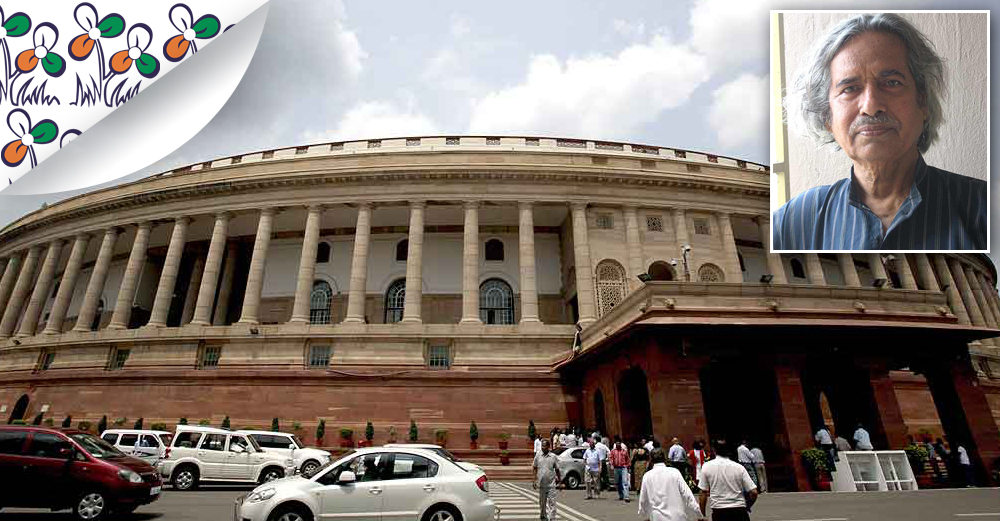Full Transcript
Sir, for all the criticism we do of the NDA Government, they made one smart move. What was the smart move? They made the Finance Minister also the Information and Broadcasting Minister. So what was his focus? Was his focus on finance and fiscal management or was his focus on headline management? Headline management is not my term. It’s a chori term because another Arun used that term last week. I don’t want to get what the namesake said. I think in the last 9 or 10 months they’ve done a better job of headline management but very little on fiscal management.
Sir, the other Arun, who made the statement, maybe a little disgruntled or whatever else. We now hear that in rooms very close to this Rajya Sabha there are also other people expressing their discontent about the fact that only headline management is happening and nothing is happening on the ground. I thought from the time the budget speech was made till now they would have got a lot of feedback, they would have got a lot of election results. But the tone and manner of the BJP speaker here is just the same. He is quoting gurus from Hong Kong, he is telling us about his trip in Australia, but I want to change this argument and bring them a little down to earth. They need to be a little down to Earth.
One of the headline management they did very well was Cooperative Federalism. It is a good concept but you must know what cooperative federalism is and what operative federalism is. If you handle cooperative federalism well then it becomes operative federalism. Let me give you two quick examples. Your land boundary agreement – there was a problem there, you resolved it, and you consulted with the States, West Bengal and Assam. You saw what happened yesterday. Regarding GST, you were having the same problems but you opened it up to operative federalism; you discussed it with the States and we are on board two hundred percent with you.
But I must tell you about the sectors where you have gone and messed up and you’re still not opening your eyes and your mind. Let me give you some specific examples. Some will be of my State but since we are a council of States you can get 25 different examples. Let us come to BRGF (Backward Region Grant Fund). You’ve taken this out of the central funding for important schemes. You have taken out BRGF; you have taken out schemes for modernisation of police forces. You have taken out Rashtriya Krishi Vikas Yojna, mid-day meal scheme, National Drinking Water Scheme. You have actually hurt the states.
Let me give you a specific example regarding BRGF. The BRGF package is for backward districts for education, health, road connectivity, electrification. Out of Rs 8,750 crore that we got over the last 5 years, we are still owed Rs 3,500 crore. Sir we urge you to look at this differently because these are for backward districts. Don’t stop this fund, Sir.
Let me give another example. You have also removed modernisation of police force from the central funding. What are these police force areas? What are they looking after? Let me tell you. Darjeeling agitation and left-wing extremism in Purulia, Paschim Mednipur. Sir, the State cannot afford to pay for the modernisation of the police force. This is a national issue, Sir, so please do not leave this out of the central funding. I can give you two more quick examples, Sir – the integrated action plan, we want you to look at this Sir and annual block grant of Rs 30 crore per district, for extreme left-wing extremism. Again you’ve taken this out.
You’re talking about devolution but if you really study the fine print, the numbers are something like this. Last year the states got 61.88 paise to the rupee. This year if you add it all up, take away the central schemes, you’ve taken it up to 62 paise to the rupee. Hats off to you. You hve done a great job of marketing this total hogwash.
Sir regarding the JNNURN scheme, we want that extended by 2 years because a lot of states have existing projects left over and those projects need to be completed. So, please look at the JNNURM scheme, Sir.
Let us come to social sector indices. I was talking to you about headline management and how the headlines are being managed but not the reality. Sir on social sector schemes, I think this House needs to get some reality-check.
School education – 17% decrease,
Environment and Forests – 11% decrease,
Water resources – 41% decrease,
New and reusable energy – 68% decrease, and it goes on and on like this.
In the Jan Dhan Yojna please tell us how many bank accounts have more than Re 1 balance. Sir, the speaker from the BJP said some of these schemes are game changers. I’m afraid they’re not game changers. You’re talking about financial inclusion. I gave you several examples of how there has been no financial inclusion. The less said, the better off.
Let me give you two quick examples about inclusion.
“India is a youthful nation. If you’re determined nothing can stop you from achieving your dream.”
Who said this? This was said last year before the nation by the current Prime Minister of India. I ask very humbly, if the Prime Minister and the Finance Minister feel this way then how come the allocation for ICDS was cut by 50% when everybody knows 1 in 3 children in India are malnourished.
Sir, on black money there has been all talk and no go. You all have made tall promises about bringing black money back in 150 days. Now you are showing us this Bill as if this Bill will solve all our problems. Let us see some money coming back on the ground, Sir.
Sir, I have already made the point on federalism. Please cooperate with the States because we are not begging here. We are asking for what we believe is our right.
The last point, Sir, is on electoral reforms. Neither in the President’s Address, nor in the Budget nor in any other document of this government has one line been uttered on electoral reforms. This is a huge issue and it is linked to black money.
The Finance Minister was most poetic in his Budget speech. This is what he said:
“Kuch toh phool khilaye humne, kuch phool khilane hai.
Mushkil ye hain ab tak kaante kayee purani hain.”
Sir, I want to add two lines to that:
Phool aur paudhe se toh hain maali ka kaam,
Jo kaante se darr gaya woh hoga nakaam.




